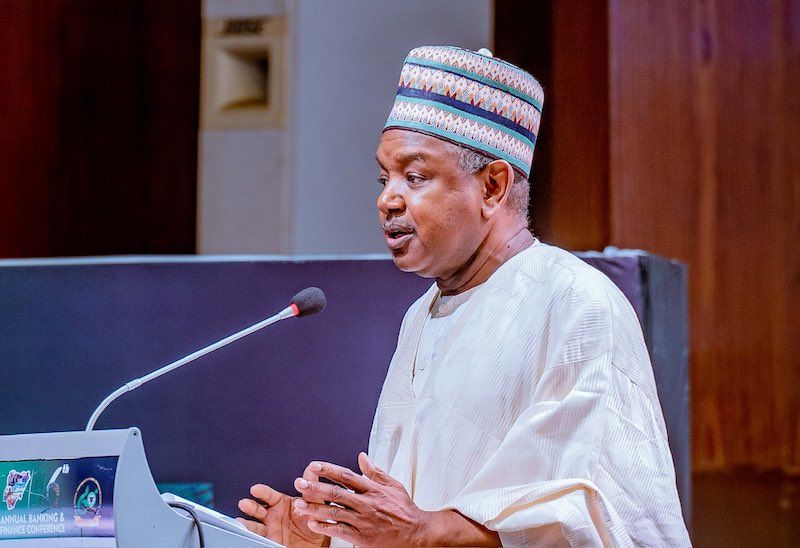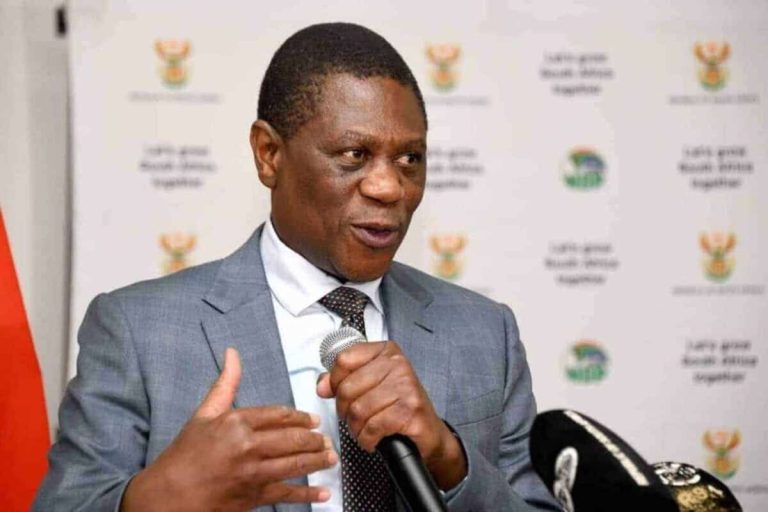
Nigeria must attract at least $100 billion in combined public and private investments every year to stand a chance of achieving the ambitious goals set out in its Agenda 2050 development framework, Minister of Budget and Economic Planning, Senator Abubakar Atiku Bagudu, has warned.
Bagudu, who gave the warning on Tuesday at a one-day policy dialogue in Abuja, cautioned that without bold reforms and stronger synergy between the legislature and the executive, the country could slip further behind its peers in global economic competitiveness.
The dialogue, themed “Deepening Legislative-Executive Synergy for Effective Economic Governance in Nigeria,” was organised by the National Institute for Legislative and Democratic Studies (NILDS), in Abuja.
According to the minister, “Agenda 2050 is not an idealistic dream but a realistic pathway to prosperity.”
The framework, he said, envisions Nigeria becoming a middle-income country by 2050, with a per capital GDP of $33,000 and an economy powered by sustained productivity and heavy investments.
He said, “To achieve this, Nigeria requires at least $100 billion investment annually from both the private and public sectors.
“Agenda 2050 is structured into six medium-term plans, beginning with 2021–2025 and moving in five-year phases until 2050,” he added.
The minister painted a stark picture of Nigeria’s fiscal capacity, noting that as of June 2023, the country’s revenue-to-GDP ratio was only nine percent, among the lowest globally, compared with the European Union average of 31 percent.
“Thanks to recent reforms, that figure has risen to 16 percent, but we are still punching below our weight,” he said.
To illustrate Nigeria’s limited fiscal muscle, Bagudu compared the federal budget to those of other nations.
He said Brazil, another federal system, spends about $700 billion annually, while Japan, with roughly half of Nigeria’s population, operates a budget exceeding $20 trillion.
The Minister said, “Nigeria’s federal budget, by contrast, stands at only $36 billion.
“These disparities explain why outcomes are inevitably different.”
Bagudu insisted that Tinubu’s Renewed Hope Agenda was designed to reverse years of weak fiscal management and systemic distortions.
He highlighted the removal of fuel subsidies, liberalisation of the foreign exchange market, and sweeping tax reforms as evidence of the administration’s commitment to macroeconomic stability.
Bagudu said, “President Tinubu has taken risks rarely attempted in developing countries all at once, and results are beginning to show.
“Our task now is to mobilise the legislature, private sector, and the Nigerian people to sustain these reforms.”
He stressed that Nigeria’s federal structure requires unity of purpose, pointing out that Section 13 of the 1999 Constitution compels all arms of government to pursue the nation’s economic objectives.
He said, “Chapter Two of our constitution may be non-justiciable, but it is morally binding. Every oath of office compels leaders to uphold these objectives.”
Beyond macroeconomic policy, Bagudu unveiled a new ward-based development programme designed to map economic opportunities across Nigeria’s 8,809 wards.
The scheme, he explained, was not another palliative handout but a deliberate plan to formalise small enterprises, empower farmers and artisans, and create grassroots jobs.
He said, “We must ensure that millions of hardworking Nigerians, who wake up as early as 4 a.m. daily, get commensurate reward for their efforts.
“Distortions in trade, poor access to credit, and outdated skills must be corrected if we are to lift people out of poverty.”
Earlier in his remarks, NILDS Director-General, Prof. Abubakar Sulaiman, said the policy dialogue was convened to strengthen alignment between legislative oversight and executive economic priorities.
He warned that Nigeria’s fragile economy, evident in high inflation, mounting debt service obligations, currency instability, and weak growth, demands a united front from both arms of government.
Sulaiman said, “The dialogue is not only about diagnosing problems but also about providing actionable recommendations for building a resilient economic governance framework.
“The legislature must use its budgetary and oversight powers to reinforce reform implementation and safeguard accountability.”
Participants at the dialogue, which included lawmakers, academics, private sector leaders, and civil society actors, stressed the importance of evidence-based policymaking, domestic resource mobilisation, and export diversification to drive long-term growth.
The session closed with consensus that Nigeria’s economic future depends on deeper collaboration between institutions and stronger citizen mobilisation to take ownership of the national development agenda.
For Bagudu, however, the key message was simple: Nigeria cannot prosper without dramatically scaling up investment.
“We cannot grow without resources,” he declared.
“If we unite our ambitions with the discipline to mobilise $100 billion annually, there is no reason why Nigeria cannot achieve a $1 trillion economy by 2030 and attain middle-income status by 2050,” he added.



